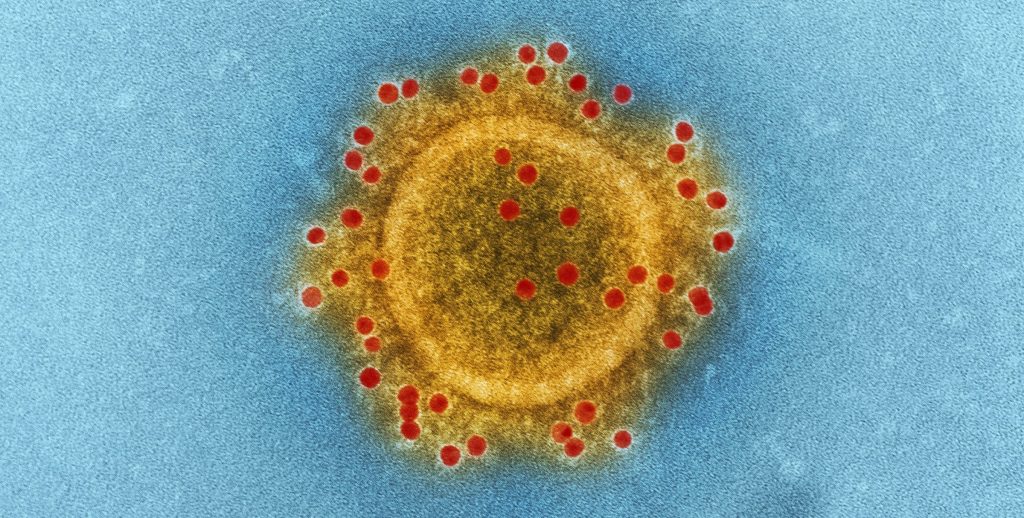How does antigen testing work?
Sexual health testing can be a bit complicated. The average person who gets tested for a sexually transmitted infection may not know all the ins and outs of the different kinds of tests available.
At Better2Know, we want to make sure people can make informed decisions about their sexual health.
In this blog, we’ll cover antigen testing, how it works, and when it’s appropriate to get.
Let’s get started.

Do you think you may have been exposed to an STI? Book an STI test at a sexual health clinic near you.
What are STIs?
We need to know what STIs are and how antigen tests can detect them.
Sexually transmitted infections (STIs) are infections that people get from sexual activity. The most common mode of transmission is through vaginal, anal, and oral sex, and by sharing sex toys.
You can also get some STIs through other sexual activities like kissing and digital stimulation. In contrast, other STIs can be transmitted through blood-to-blood contact, like needle stick injuries and sharing personal hygiene products.
What are antigens?
Antigens are markers that your immune system uses to determine whether an entity is native or foreign to your body. They are made up of proteins, peptides, sugars, or nucleic acids that exist on the outside of pathogens like viruses, bacteria, pollen, or other allergens.
When a foreign agent enters the body, immune cells identify the pathogen’s antigen and deploy an immune response to fight it. This involves releasing large amounts of antibodies into your system that help the immune system recognise and fight the pathogen.
Antigens can also form within the body in cancer cells and other abnormal cell growths.
An antigen test—usually a blood test — detects these antigens within the sample provided. By detecting antigens, we can detect the presence of a particular infection.
Why do you test for antigens?
Most STIs can be detected with antibody or PCR tests, but testing for antigens can give a better picture of your state of infection in certain instances. In general, antigen tests can detect infections at an earlier stage than antibody tests.
For example, when Better2Know tests for HIV in a patient, we often use a 4th-generation combined antibody and antigen test. This test detects both antibodies created by the immune system to fight the infection, as well as p24 antigens specific to that virus. This allows medical professionals to test for the infection sooner, which is important for treatment.
Antigen testing is also useful for detecting Hepatitis B. Antigens on the HBV cells (HBsAg) can be used to detect an acute or active HBV infection (an infection that occurs within the first six months of exposure). HBsAg antigens first appear about 2-10 weeks after the initial infection and can be detected for up to 6 months.
When should I get an antigen test?
Most antigen testing is used to detect the presence of certain STIs (HIV, Hepatitis B, and Hepatitis C) in the early stages of an infection or to confirm chronic infections.
Depending on your situation, a medical professional will recommend a certain type of test. An antigen test may be just what you need to detect your infection.
Final thoughts
Antigen tests are just one tool in a varied toolbox that we use to detect a wide range of STIs.
If you’re concerned about having an STI, an antigen test might be the answer.
With all the different testing methods available, we understand that many people find getting screened for STIs a bit confusing. But Better2Know’s team of trained Sexual Health Advisors can help. Our Patient Services team is very knowledgeable about a variety of testing methods – they can help you choose the right test for you and your circumstances.
Call the number at the top of this page to speak to a member of our team.

Don’t leave your sexual health to chance. Get tested with Better2Know today.
Categories
- Abu Dhabi
- Bacterial Vaginosis
- Bahrain
- Blood Tests
- Cancer
- Cervical Cancer
- Chlamydia
- Dubai
- Fertility
- Gardnerella
- Genital Warts
- Gonorrhoea
- Hepatitis A
- Hepatitis B
- Hepatitis C
- Herpes
- HIV (AIDS)
- HIV Testing
- HPV
- Instant Testing
- Kuwait
- Locations
- Middle East
- Mycoplasma
- Oman
- PAP Smear
- Positive STI Results
- Qatar
- Saudi Arabia
- Sex Education
- Sexual Health
- Sexual Health News
- Sexually Transmitted Infections
- STD Symptoms
- STD Tests and Screens
- STI Results
- STI Treatment
- STIs
- Sustainability
- Swab Tests
- Syphilis
- Trichomoniasis
- Uncategorized
- United Arab Emirates
- Ureaplasma
- Urine Tests




